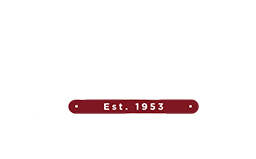If you are a designer, artist or writer, or any other creative visionary, your work product is your ideas, the stuff you produce first in your mind before committing to pen, paper or other artistic media.
The value you derive from this valuable resource and the brand develop as a result must be protected from those who would otherwise profit from your creativity. So how does one protect such a nebulous asset?
The most effective way is by copyrighting your intellectual work product. Copyrighting protects "original works of authorship" that have been "fixed" in some tangible expression form. That could be a taped song recording, a story written out in longhand or a hard disk of computer programs.
Below are some categories of copyrightable works:
-- Sculptures
-- Poems
-- Musical pantomimes and choreographies
-- Pictures and graphics
-- Recordings of sounds
-- Literary works
-- Musical scores and other works, including any lyrics
-- Dramatic works, with or without accompanying music
-- Movies and additional audiovisual works -- Architectural works
Some materials are not able to be copyrighted. These include:
-- Slogans, names, short phrases and titles
-- Any works unfixed intangible forms of expression, which could include improvised performances of speeches that weren't recorded or written down
-- Familiar designs and symbols
-- Slight variations of graphic design, colors or letters or coloring
-- Lists of contents or ingredients
Think of it in this way -- explanations, illustrations, and descriptions may be copyrighted; system, procedures, ideas, concepts and principles may not. Generally, there must be some manifestation of the process, and anything that is in the public domain already, or has no original authorship, can't be copyrighted.
Because it is very important for any creative person to protect their ingenuity, seeking legal advice whenever a copyright question arises is advisable.
The author's opinions expressed in this article are strictly his/her own and should not be attributed to any others, including other attorneys at Klein DeNatale Goldner or the law firm as a whole.

